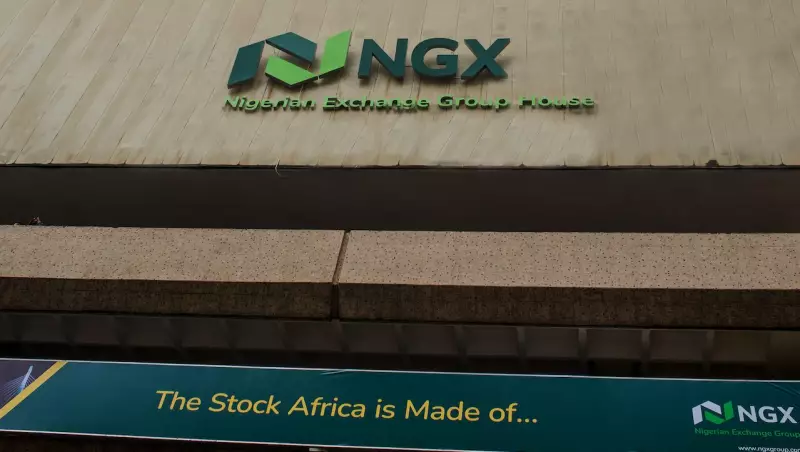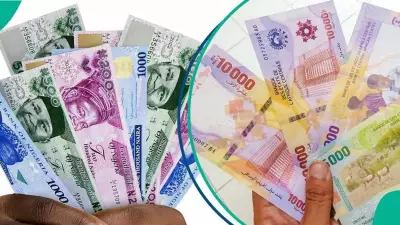
The Nigerian stock market has been plunged into another devastating crisis as investors watched in horror while a staggering ₦1.3 trillion vanished from their portfolios in a single trading session. This massive wealth erosion has sent shockwaves through the financial community, deepening concerns about the stability of Africa's largest economy.
Market Meltdown Reaches Critical Levels
The Nigerian Exchange Limited (NGX) witnessed one of its most brutal trading days in recent memory, with the All-Share Index crashing by 2,367.23 points to settle at 101,060.67 points. This represents one of the most significant single-day declines in market history, wiping out months of gains and leaving investors reeling from the financial hemorrhage.
Panic Selling Grips Trading Floor
Market analysts attribute the catastrophic decline to intense panic selling across major sectors. Banking stocks bore the brunt of the assault, with tier-1 banks experiencing unprecedented sell pressure. The manufacturing and consumer goods sectors didn't escape the bloodbath either, as foreign and domestic investors alike rushed for the exits.
Key Factors Driving the Market Carnage
- Foreign Exchange Pressures: The continuing naira volatility and dollar scarcity have severely impacted investor confidence
- Economic Policy Uncertainty: Mixed signals from economic policymakers have created an environment of uncertainty
- Global Market Influences: Rising interest rates in developed economies continue to pull foreign capital away from emerging markets
- Domestic Economic Headwinds: Persistent inflation and economic challenges are taking their toll on corporate earnings projections
Investor Psychology Takes a Hit
The mood on the trading floor has turned from cautious optimism to outright panic. Seasoned investors who survived previous market cycles are expressing unprecedented concern about the velocity and depth of this decline. Many retail investors, who entered the market during the 2023 rally, are now facing devastating losses that threaten to wipe out their entire investment portfolios.
Regulatory Response Under Scrutiny
Market regulators are facing mounting pressure to intervene and stabilize the situation. However, there are concerns about what measures would be effective in the current climate. Some analysts are calling for emergency measures similar to those implemented during the 2008 global financial crisis, while others warn against artificial market interventions that could distort price discovery mechanisms.
What This Means for the Average Nigerian Investor
- Retirement Savings Erosion: Pension funds and retirement accounts have suffered significant depletion
- Wealth Destruction: Family savings and investment portfolios have experienced substantial value reduction
- Reduced Consumer Spending: The negative wealth effect may further constrain consumer spending and economic growth
- Long-term Confidence Damage: Restoring investor confidence may take years rather than months
Expert Predictions and Market Outlook
Financial experts are divided on the market's short-term trajectory. Some see this as a necessary correction that presents buying opportunities for long-term investors, while others warn that the worst may not be over. The consensus, however, suggests that volatility will remain the dominant theme in the coming weeks as the market searches for a stable footing.
As the dust settles on one of the most turbulent trading days in Nigerian stock market history, both regulators and investors are left searching for answers and solutions to prevent further financial hemorrhage in Africa's most important capital market.






